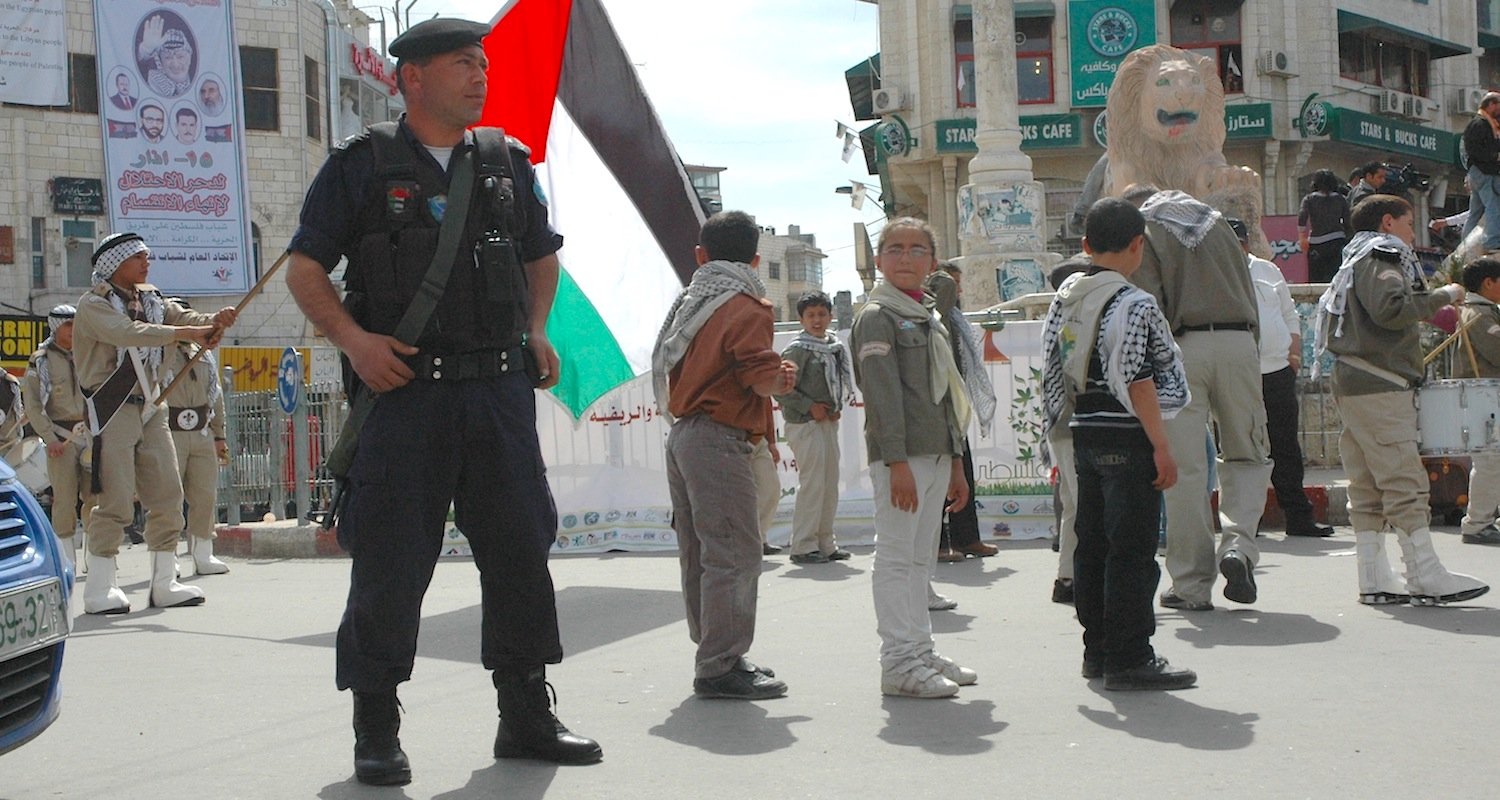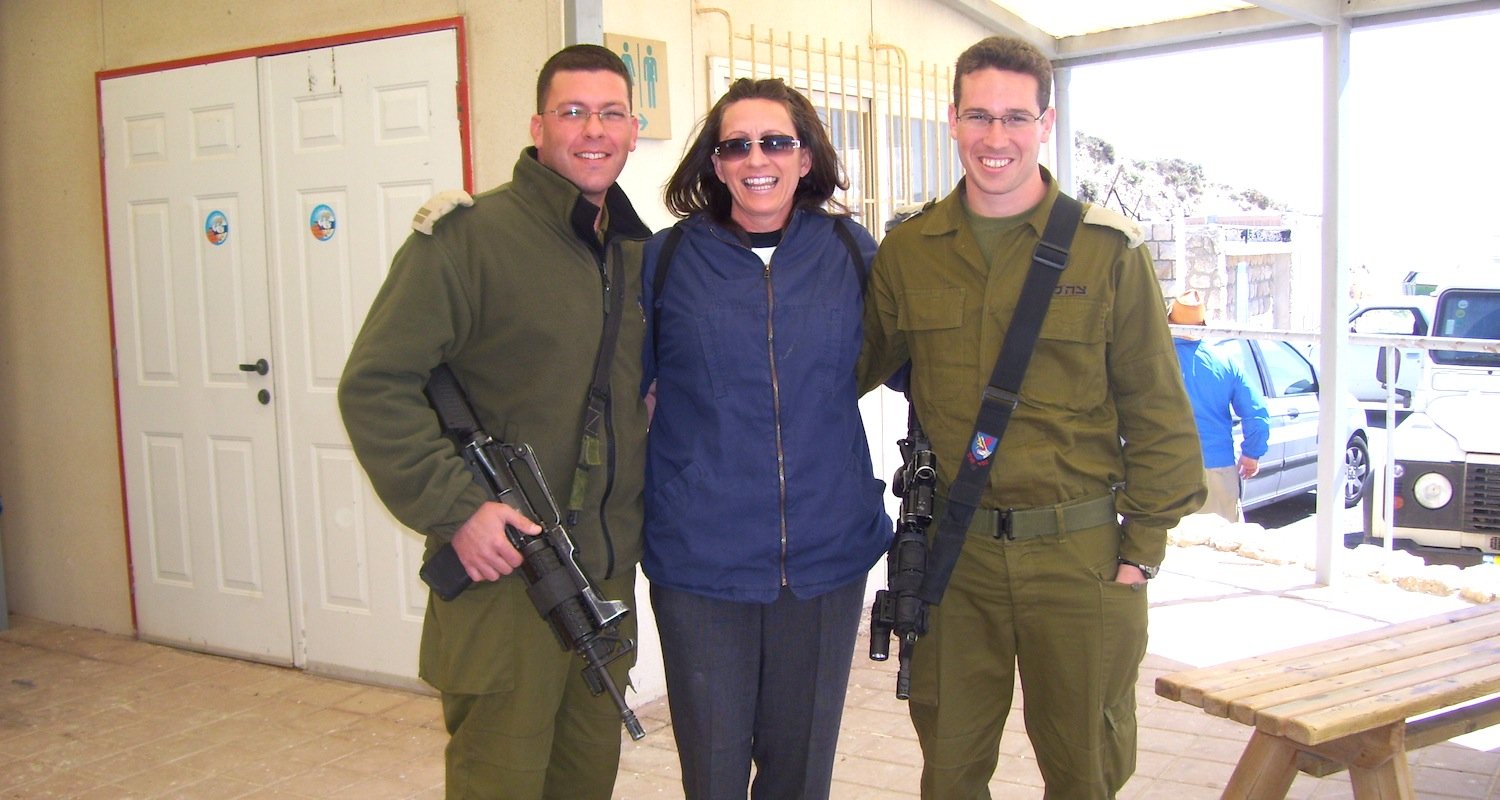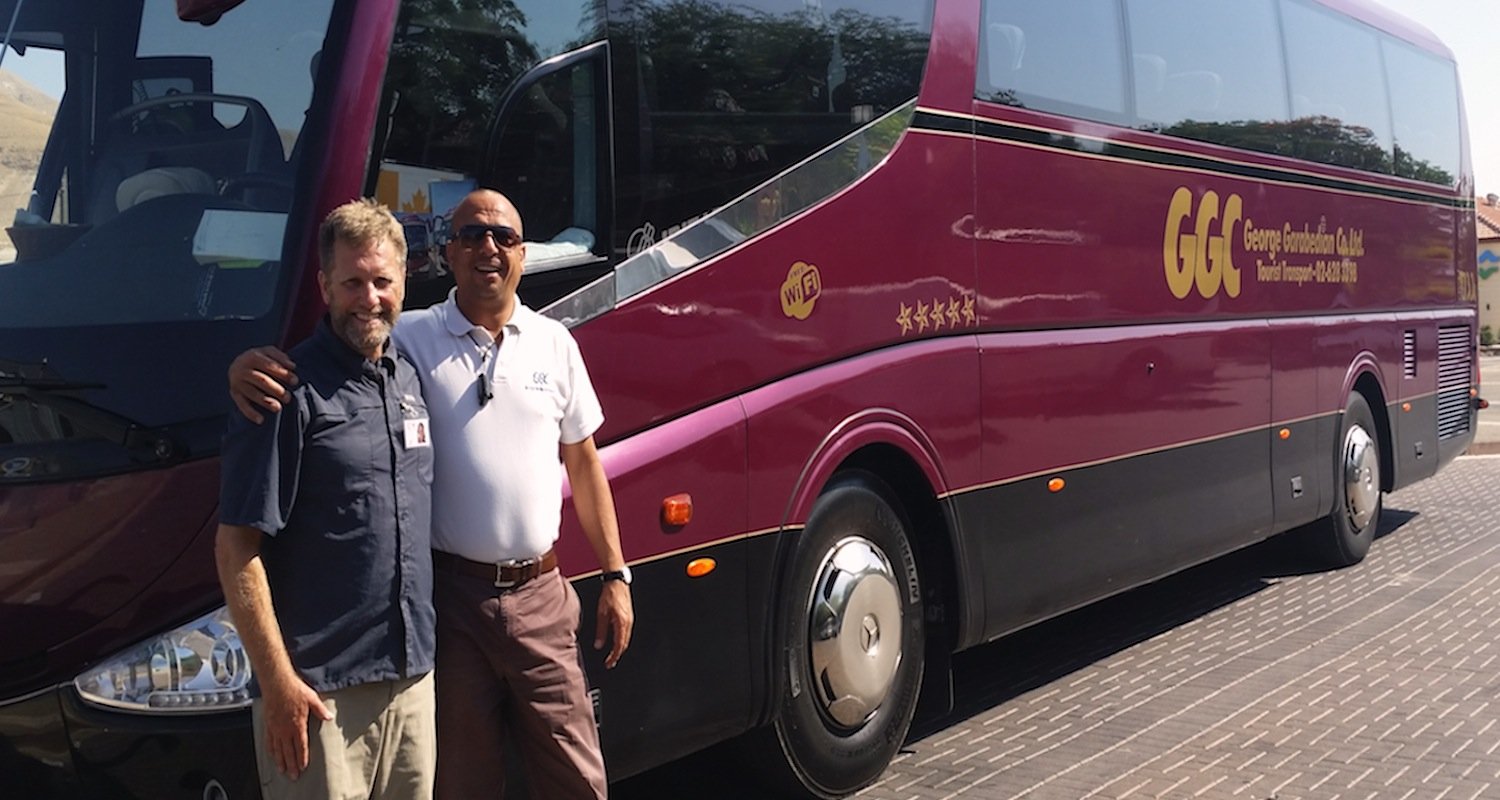Security is a priority for governments, tour companies, churches, universities, bus drivers, tourists, and teaching guides. While absolute safety can never be guaranteed (either at home or abroad) exposure to risk may be minimized. These efforts fall along two basic lines: group security and personal security. As the bulk of our work takes place in Israel-Palestine, comments regarding group security may be directed toward this context. I'll take up the matter of personal security on another day and post it here.
security-conscious
As a starting point, recognize that Israel is the most security-conscious country in the world. For this reason, it is not unusual to see armed soldiers and elevated measures of watchfulness (x-ray machines, military checkpoints, security vehicles, etc.). These fixtures should be expected, but not feared. Remember, their purpose is to relieve anxiety, not create it. Tourism is at the core of local economies, both Jewish and Arab. Its development is of keen interest to all.
Palestinian security at a Scout parade in Manara Square, Ramallah.
careful planning
Risk management begins with careful planning. High-risk areas or times are evaluated against local conditions. If deemed unstable, the itinerary is adjusted. However, should a trip be active and the situation on the ground devolves unexpectedly, leaders and students must be flexible. Israel-Palestine is a small country that is rich in sites. There are plenty of alternatives. Good leaders train for such scenarios. I always carry a cellular phone and am in contact with the main office. Bus drivers often carry multiple phones and are in contact with others on the road ahead. Careful planning does not end once a trip begins; it is an ongoing activity. This is true at multiple levels.
a support system
Beyond this readiness, a support system is critical. Our primary agency for group travel in Israel-Palestine is the Jerusalem Center for Biblical Studies (JCBS). The parent company of JCBS is Educational Opportunities (EO), the largest provider of religious-based tours to Israel from North America. Partnering with JCBS leverages the considerable resources of EO both at home and abroad. EO has an extensive local network and has worked in the lands of the Bible since 1974.
Susan, one of our Bible Land Explorers, poses with Israeli military.
As examples of the responsiveness of JCBS to issues of group security, consider the following examples drawn from specific problem periods.*
During the First Intifada (Dec 1987-Oct 1991), all programs continued unabated.
During the First Gulf War (Jan 16-Feb 27, 1991), JCBS promptly brought their clients home and suspended further travel for a short time.
During the Second Intifada (Sept 29, 2000-Feb 8, 2005), some programs were cancelled and full refunds were made. Afterwards, travel resumed.
First Gaza War (Dec 2008-Jan 2009), programs continued without issue.
Note that throughout the problem periods listed above, JCBS did not lose a single life to an act of terrorism. Safety is at the forefront of preparations and daily procedures.
With regard to these procedures, consider the following*:
JCBS uses Arab buses which are not targets of violence.
No one except JCBS clients and staff are allowed on the bus.
With hundreds of busses on the ground at any given time, the communication network (and cooperation) of tour companies is astounding. JCBS uses Arab drivers who are not only familiar with local conditions, but are in constant contact with each other. Oddly enough, if a demonstration is planned, drivers usually know about it a day before. They are better informed than most news agencies.
Local drivers (like our buddy George) form a communication network that reaches from one end of the country to the other.
Regardless, travelers are encouraged to minimize group risk by sharing responsibility for security. There is no substitute for common sense, awareness of surroundings, and ready compliance when given instruction.
consider the numbers
Acts of violence in Israel-Palestine find their way into our newsfeeds. And until issues of territory, governance, justice, and cultural respect are settled, incidents will continue. The discerning traveler realizes this truth and does not minimize or dismiss it, but also takes into account the fact that the “business” of news operates on a currency of fear. The reality on the ground is that Israel-Palestine is a secure destination for western travelers. 3.3 million tourists visited Israel-Palestine in 2014 alone. The largest block of these were Christians from the United States. Satisfaction levels ranged from very good to excellent (4.3 out of 5).** That being said, the only number to remember the next time you read the news is this one: 3.3 million. That's a lot of tourists. Think about it.
Advanced technology, communication, and proactive policing minimize risk exposure. Odds are, the most dangerous part of any Jerusalem journey will be your stateside ride to the airport. Once in the air, you will find yourself in the hands of the most competent safety professionals on the planet.
Relax. We’ve got this.
A Jordanian Tourist Policeman visits with a tourist. Jerash, Jordan.
Useful Links
U.S. Department of State/Bureau of Consular Affairs Travel Warnings
Five myths about State Department Travel Warnings
Safety and Security for US Students Traveling Abroad
Smart Traveler Enrollment Program
*Thanks to Susan Andrus, Academic Director of the Jerusalem Center for Biblical Studies, for providing data used in this article.
**Statistics provided by the Israeli Ministry of Tourism. For the full article, look here.




